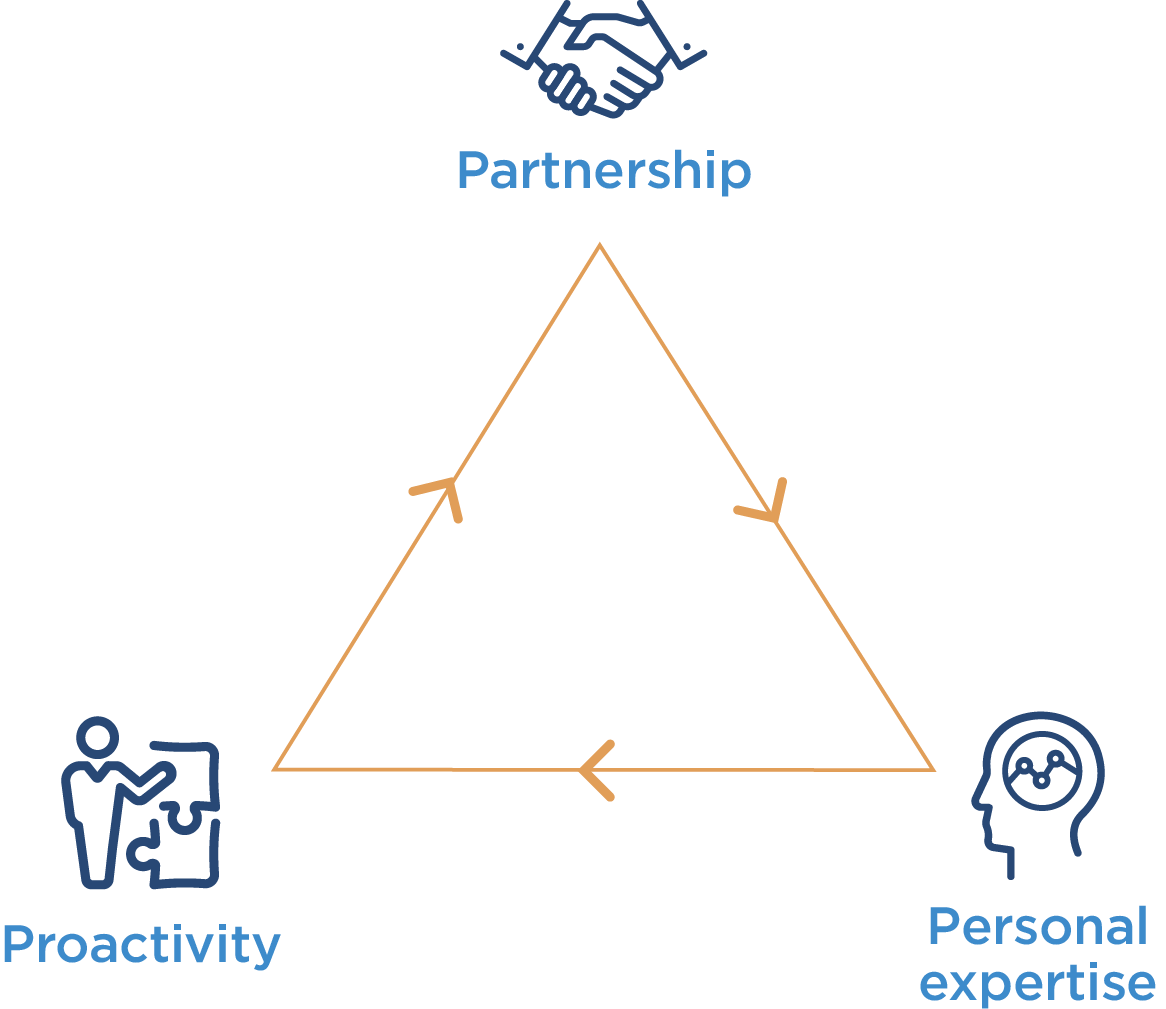Our Story
In the years before the Y2K, when all the dates used in computer systems had to be reviewed to ensure they would work on the turn of the millennium, database administrators (DBAs) were in very short supply. Most were working on identifying and updating databases to ensure they were Y2K ready. The effect was that there were very few DBAs remaining to provide the necessary support for normal business operations.
Phill Clayton, our founder and MD, was on a short-term contract for a major telecoms company when it became apparent that this wasn’t just a short-term problem. All companies were facing the same dilemma resourcing DBAs, even before the Y2K situation made it substantially worse.
The problem was: finding suitably qualified DBAs. The DBA role is highly skilled, requiring substantial hands-on experience. Once found, and after the initial bedding in period, providing them with sufficient work to occupy them and to justify their salary becomes a problem.
The fact is that once a database system is set up correctly and running well, the primary job of a DBA is to constantly monitor, detecting problems before they become issues. At this point the skills of the DBA are needed to ensure the system is corrected in a timely manner, before anything untoward happens.
And there is the root of the problem, employing DBAs directly! You need their high levels of skill and expertise for short periods of time between long periods of monitoring and small amounts of periodic maintenance.
So, in 1999 WellData was born. WellData’s purpose was to solve this dilemma; providing the highest levels of skill and expertise, with constant monitoring and support in a way that was both advantageous to the DBAs themselves and the clients we supported.
Since then, we have expanded our portfolio of databases and found similar problems in server and cloud support. We also found that a similar approach can be taken with application and bespoke development support.
All these areas require the same application of skilled, experienced support for short periods of time between longer-periods of monitoring and periodic maintenance.
Our Values
Commitment: We are committed to providing the best support possible.
Integrity: We are true to ourselves and to our clients.
Ownership: We own the problem; evasion is not an option.
Quality: We strive to achieve the highest levels of support.
Collaboration: We work together to continually improve our support.
Teamwork: We seek to become a seamless part of our client’s team
 View Our Accreditations
View Our Accreditations



